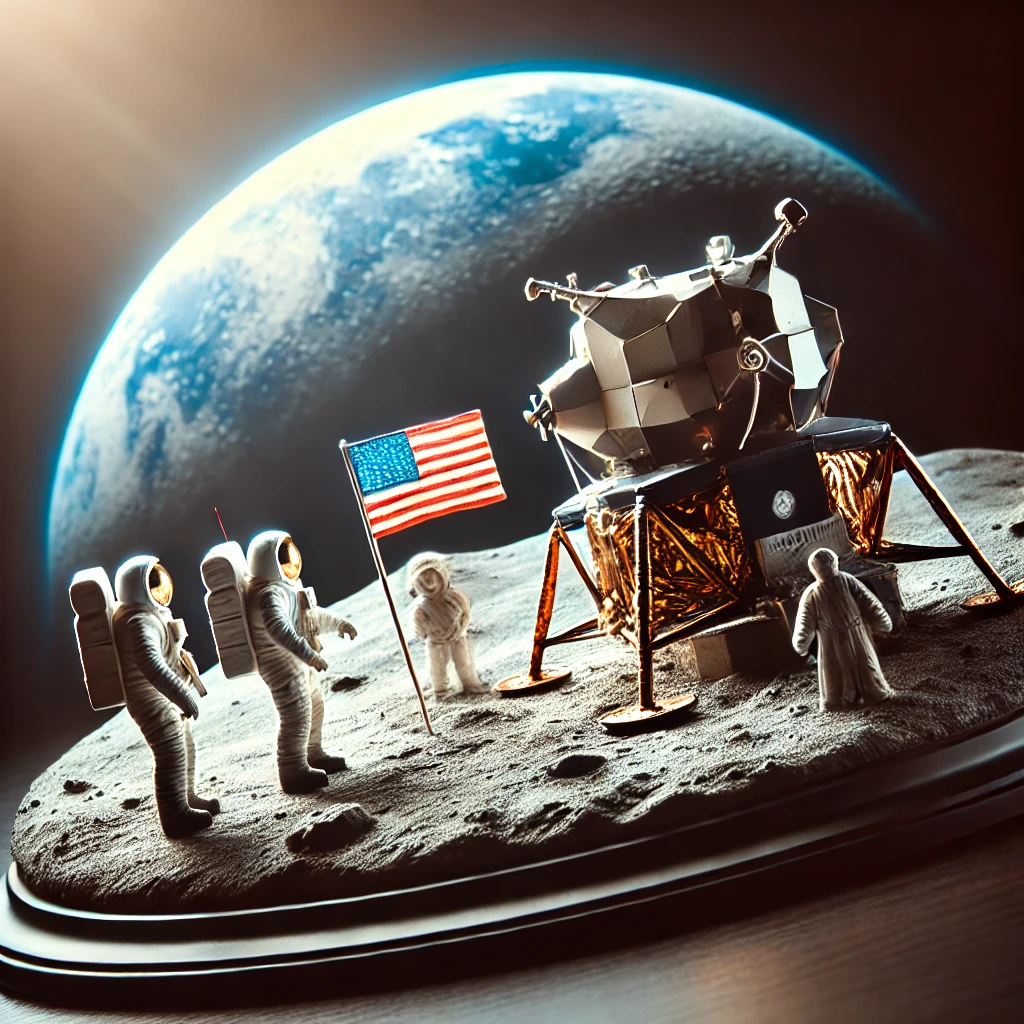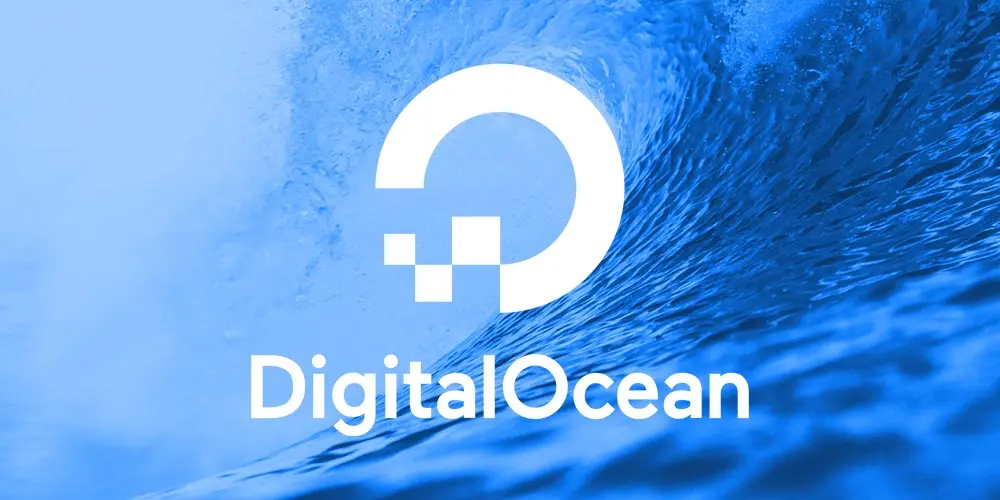The History of Space Exploration
Space exploration is one of humanity's most significant achievements, showcasing our desire to explore the unknown and push the boundaries of what is possible. From the earliest rocket experiments to landing on the Moon and exploring distant planets, the journey of space exploration has been marked by remarkable milestones and technological advancements.
Early Beginnings
The dream of space travel dates back centuries, with early theories and stories about flying to the stars. However, practical attempts began in the early 20th century with the development of rocketry. Pioneers like Konstantin Tsiolkovsky, Robert Goddard, and Hermann Oberth laid the groundwork for modern rocketry with their theories and experiments.
The Space Race
The Cold War era saw the rise of the Space Race between the United States and the Soviet Union, driving rapid advancements in space technology. On October 4, 1957, the Soviet Union launched Sputnik 1, the first artificial satellite, marking the beginning of the Space Age. This achievement spurred the United States to accelerate its space program.
Human Spaceflight
The next significant milestone was human spaceflight. On April 12, 1961, Yuri Gagarin, a Soviet cosmonaut, became the first human to orbit the Earth aboard Vostok 1. This historic flight demonstrated the feasibility of human space travel and intensified the Space Race.
The Moon Landing
One of the most iconic achievements in space exploration is the Apollo 11 mission. On July 20, 1969, NASA's Apollo 11 mission successfully landed astronauts Neil Armstrong and Edwin "Buzz" Aldrin on the Moon, while Michael Collins orbited above. Armstrong's famous words, "That's one small step for man, one giant leap for mankind," echoed around the world as he became the first human to set foot on the lunar surface.
Space Stations
The development of space stations allowed humans to live and work in space for extended periods. The Soviet Union launched the first space station, Salyut 1, in 1971. Later, the International Space Station (ISS), a collaborative effort involving multiple countries, became a symbol of international cooperation in space exploration. The ISS has been continuously occupied since November 2000, conducting scientific research and technological experiments.
Mars Exploration
Mars has been a focal point of robotic exploration. NASA's Viking program, launched in the 1970s, sent two landers to Mars, providing valuable data about the Martian surface and atmosphere. More recently, rovers like Spirit, Opportunity, Curiosity, and Perseverance have explored Mars, searching for signs of past life and studying the planet's geology and climate.
The Future of Space Exploration
The future of space exploration holds exciting possibilities. Space agencies and private companies are working on missions to return humans to the Moon, establish a sustainable presence on Mars, and explore asteroids and other celestial bodies. Innovations in spacecraft design, propulsion systems, and international collaborations are paving the way for the next era of space exploration.
Space exploration continues to inspire and drive technological advancements, expanding our understanding of the universe and our place within it. As we look to the stars, the spirit of exploration and discovery that has guided humanity for centuries will undoubtedly lead us to new frontiers and unimaginable achievements.
1 year ago
Share
Add Comment


